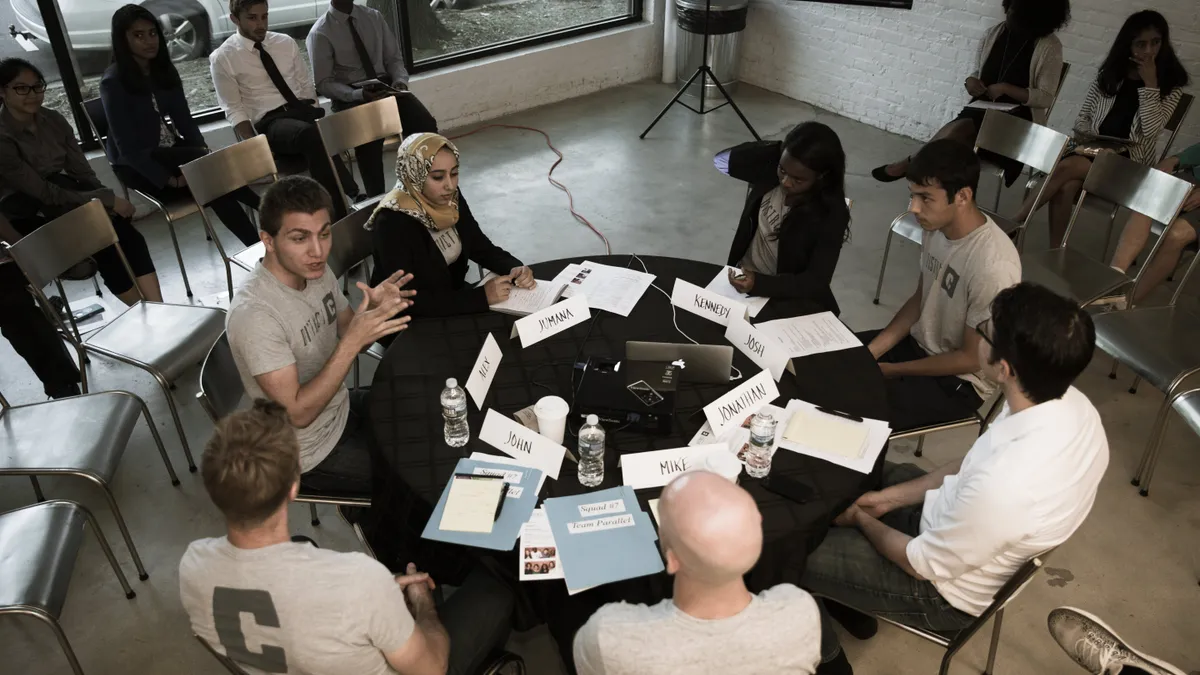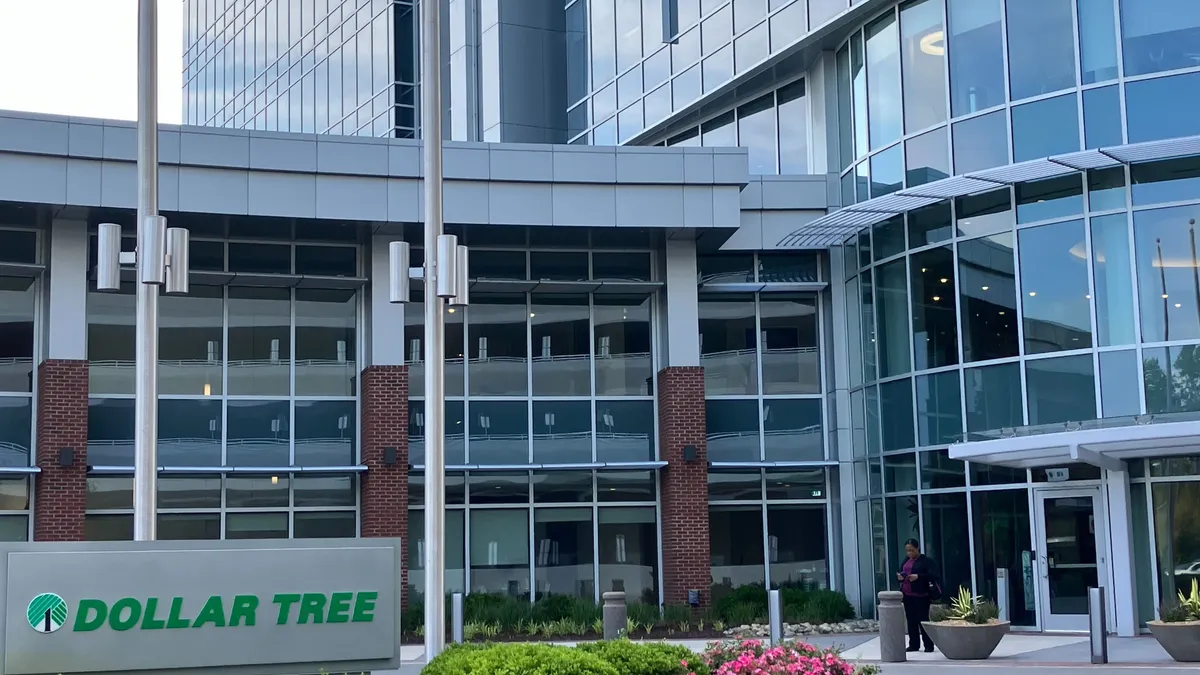We know our job is a lot more than getting the lowest price from anonymous suppliers. Based on your choice of metaphors, we are either quarterbacks, concert maestros or big city mayors, coordinating and managing a range of internal and external relationships in an effort to meet the financial, operational and customer service requirements of our companies.
Our professional procurement experience also finds its way into our personal lives, allowing for a greater comfort in negotiating a new car purchase, deconstructing a complex service agreement for a new furnace or coordinating with a neighbor for the installation of a fence.
A 'higher calling'
But our skills can have a higher calling. It's time to donate your procurement skills to help community service organizations to not only meet their missions, but to grow and prosper.
I've had the pleasure volunteering for local, regional, and national community service organizations, sometimes in board-level leadership roles and at other times in committee work. In any position, I found that my multifaceted procurement skills were a welcomed addition to the team.
Successful non-profits operate as efficiently as for-profit organizations. But at the end of the day, the 'profit' is not returned to shareholders, or ownership. It is used to provide more services for constituents or allow the agency to invest in facilities, equipment or human resources. Not for profit is a tax status and not an operational philosophy.
When donating your service to the community service agencies of your choice, think about the variety of business skills that are transferable, relevant, and critical to the organization. Here are four areas that immediately lend themselves to your procurement expertise.
Budgets and Cost Analysis
Community service organizations typically have smaller operating budgets than the ones in our companies.
Take time to understand the budgeting process, revenue and expense streams, and methods of funding. Once you understand the economics, dig a bit deeper into expenses, including supplier selection, cost analysis and contract formation.
Legacy suppliers are often in place and contracts have been negotiated by those with limited expertise, allowing for things like evergreen clauses and poor terms. Some local community service organizations are affiliated with regional and national operations so any cost analysis should take that into consideration, much like multi-location contracts that you manage. Your expertise may be welcomed at that level also.
Process Management and Operations
As procurement professionals, we are experts in managing the flow of goods and services from our suppliers. We understand operations, logistics, and supply chain relationships.
Community service organizations, from food pantries to volunteer ambulance corps, rely on the deployment of services to the constituents they serve. Help them by guiding process mapping exercises, developing a service blueprint or creating a warehousing and distribution plan. Your expertise in problem solving, from supplier-delivery delay to ineffective customer support, will help the agency.
Leadership and Team Building
Procurement professionals are often leaders within their organization, serving on high level committees, project teams and even as C-suite members. This provides experience in dealing with a variety of people in various situations. It is intuitive for procurement professions to assume leadership roles in their community service pursuits as well.
Board and committees are often made up of people offering a variety of backgrounds, expertise and agendas — issues prevalent in any organization. We are very experienced in navigating complex relationships within our own companies and supplier communities.
Sales and Marketing
We are professional customers, constantly reacting to sales and marketing efforts aimed at us. We know what resonates and what doesn't. Community service organizations often struggle with creating the right marketing message to reach those they are trying to help.
Marketing is also important for fundraising and development.
Local agencies often find themselves competing in a small pool of potential donors. Help them by creating an effective marketing message and strategy based on the essential value and mission of the organization that will address operational and financial needs.
Stay ethical
Procurement professionals are rock stars when they contribute their expertise, passion, and experience to community service organizations. And we are problem solvers, often ready to quickly reach out to our existing network of suppliers for help and expertise.
Yet special pricing or consideration you might gain to support your non-profit relationship may be just too connected to your existing procurement role. A special discount or exceptional high service level may be more than supplier altruism. It may be used for gaining favor in your primary procurement role, creating an ethical dilemma.
Be careful of ethical violations, even perceived ones. And while your employer should welcome your volunteer involvement with a community service agency, be sure to make sure there are no conflicts of interest or other legal restrictions preventing you from jumping in with both feet to help.
Because that's what procurement professionals do.
This story was first published in our weekly newsletter, Supply Chain Dive: Procurement. Sign up here.





















